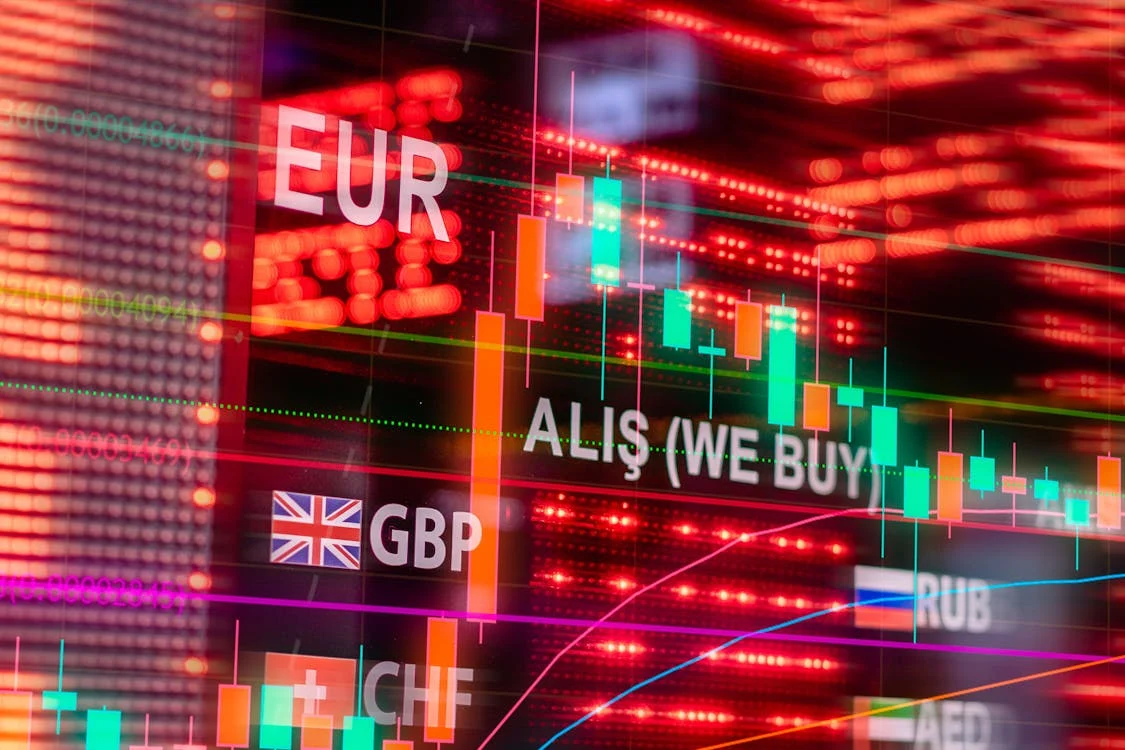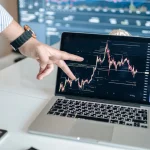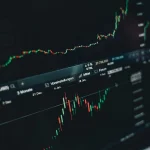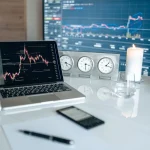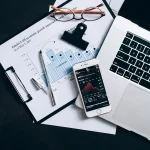Forex Isn’t Just a Market. It’s a Test of Who You Are.
Every year, tens of thousands of new traders open accounts hoping to make money in the foreign exchange market. They buy expensive courses, join Telegram groups, and binge-watch strategies on YouTube. But within six months, most of those accounts are wiped out. The truth is brutal: the forex market doesn’t just test your strategy. It tests your discipline, your ego, your patience—and your pain threshold.
Let’s be clear: the failure rate in forex isn’t high because people are stupid. It’s high because people are human. And this market, with its endless volatility and false breakouts, exploits every human weakness—impatience, greed, fear, and the desire to be right at all costs. In this article, we’re not going to give you a magic system. We’re going to talk about the uncomfortable reasons why so many fail—and how a small group of traders learn to rise above it.
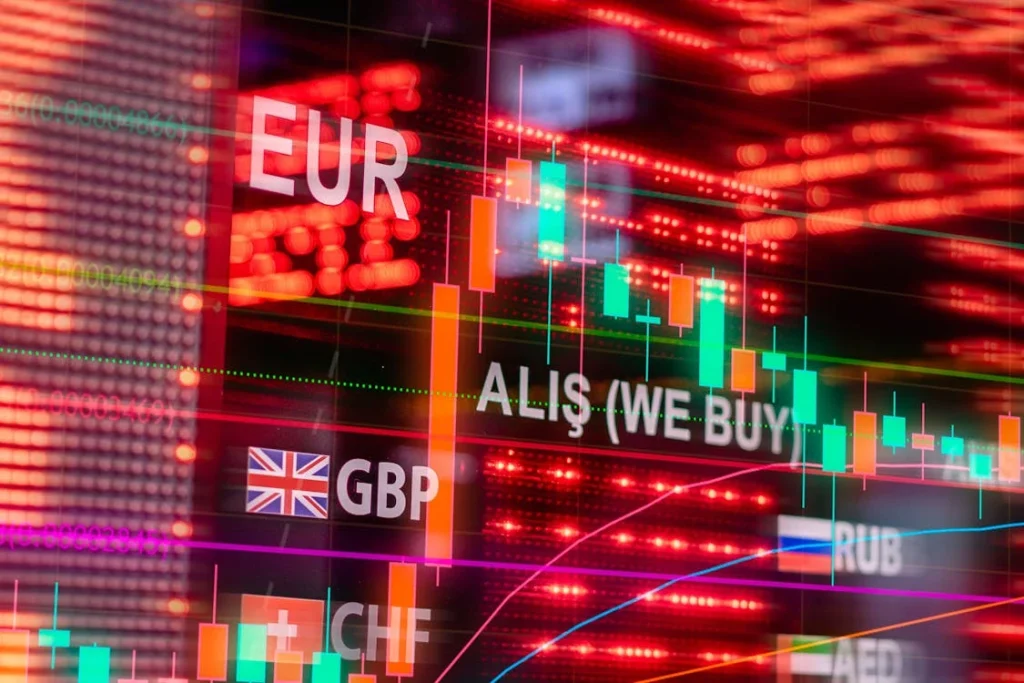
The Myth of the Perfect Strategy
Ask any beginner trader what they need, and most will say: “A good strategy.” That’s where the failure starts. You see, strategies are everywhere. Thousands of them. Some based on technical indicators, some on price action, some on news. They all work… until they don’t. Markets change. Conditions shift. And strategies without context or judgment become traps.
The best traders don’t marry one method. They understand market conditions, adjust their approach, and remain flexible. They don’t trade every day. They trade when the market tells them something clear. And most of all, they protect their capital like it’s their lifeline—because it is.
Risk Isn’t About Numbers. It’s About Survival.
People throw around risk management like a buzzword. “Never risk more than 2%.” Sounds good on paper. But what happens when you’ve had five losses in a row? Or when a winning trade flips right before your take-profit? The real risk isn’t how much you lose. It’s how you respond to losses. It’s how you manage doubt, stress, and frustration without throwing discipline out the window.
Survivors in the forex market are those who treat it like a war. Not every battle is worth fighting. Not every signal is worth taking. But if you can stay in the game long enough—preserve your capital and your mindset—you start to see patterns others miss. That’s when the real growth begins.
Most Traders Are Addicted to Action
It sounds dramatic, but it’s true. Sitting in front of charts, watching price move, hitting “buy” and “sell”—it’s a thrill. It makes you feel like you’re doing something productive. But most of the time, it’s just gambling in disguise.
The professional trader does something different: they wait. They plan. They journal. They study what happened and why. They might take one trade a week, but that trade has meaning, context, and a clear plan. The goal isn’t activity. The goal is growth. That’s what separates professionals from amateurs.
In the End, It’s a Game of Psychology
Forex isn’t just numbers and charts. It’s you versus yourself. The fear of losing. The fear of missing out. The temptation to over-leverage. The urge to chase after every candle. If you want to succeed, you don’t just need knowledge—you need awareness. Emotional control. Patience. Humility.
You won’t master it in a week. Or a month. But if you approach the market with respect, if you accept that it will humble you, and if you treat every loss as a lesson—not a failure—you’ll start to grow. Slowly. Quietly. Powerfully.
